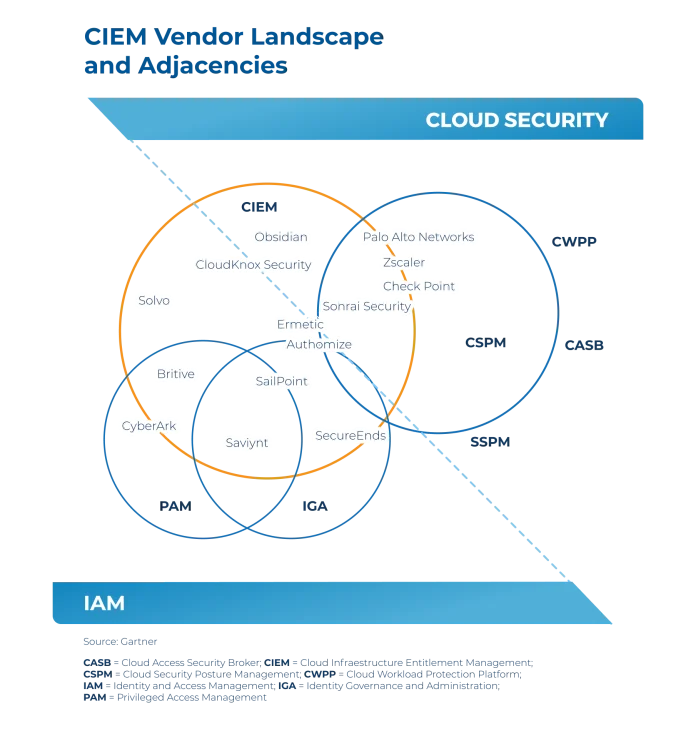Being a part of the world of digital advertising, which is ever dynamic and competitive in a world where attention spans are minimal, the use of advanced bidding strategies is vital for all advertisers who wish to maximize their ROI and make their campaigns successful. AdWords Smart Bidding involves the use of machine learning algorithms which provide a sophisticated yet simple solution for automating bidding with the aim of achieving better results while saving time and resources. The article will focus on the features, benefits, and best practices associated with AdWords Smart Bidding as a method through which any advertiser would want their campaign to soar higher.
It is imperative to have an understanding of AdWords Smart Bidding and how to implement it in your marketing campaigns so that you can obtain good performance data. Automated bidding is the mechanism of AdWords Smart Bidding, a collection of bidding strategies that employ machine learning algorithms to regulate bids in a variety of ways, including for conversions, clicks, or conversion value. By exploiting the multitude of available data and making use of live signals like device, location, time, and audience segments, Smart Bidding’s artificial intelligence automatically optimizes bids to achieve greater campaign performance within the given objectives.
A guide to smart bidding strategies with different examples which help in defining the evolution of AI in business analysis. Google Ads has developed a range of Smart Bidding strategies that are aimed at different campaign objectives and performance criteria.
Google assigns bids in order to achieve a target cost per acquisition (CPA) for Target CPA (Cost-Per-Acquisition). The main idea is to increase the number of conversions at the desirable level of CPA. Regarding Target ROAS (Return on Ad Spend), Google sets bids that make it possible to reach a specific ROAS goal through the maximization of conversion value. Although advertisers can set their own budgets in Google Ads, and bid strategies have no impact on the budgets that advertisers set, the automatic setting of bids is an essential part of those same budgets. It does this to ensure the amount of conversion generated per budget is high even when it does not cost effectively use the budget to achieve that goal. In other words, Google sets a priority for volume rather than efficiency for cost using the bidding system. Advertisers have the ability to choose among a variety of Smart Bidding strategies based on their campaign objectives and performance metrics; this allows them to align with what they feel will work best according to those factors.
One of the benefits of AdWords Smart Bidding is that it will help you save time and generate more efficient results without requiring a huge amount of data, as opposed to manual bidding strategies which require extensive historical performance data to execute with relative effectiveness. AdWords Smart Bidding has a number of benefits for advertisers,
Increased Effectiveness: By automating bid management, smart bidding assists in saving valuable resources and time which would have been consumed while performing manual bid adjustments. High Performance: The smart bidding algorithms are capable of analyzing huge data sets to make decisions that help in adjusting the bids at the right times to optimize performance, ensuring the achievement of campaign goals without unnecessary waste. Efficiency and guidance: Even though Smart Bidding is a tool that controls the bidding process, advertisers still have power over how they want their campaign settings to be; it helps in setting out budgets and targeting parameters. Actionable information: Smart Bidding also gives advertisers useful metrics of bidding success, performance data about conversions over time as well as what people are responding best to – in this way decisions can be driven by the actuals rather than guesswork or gut feelings.
Based on the Best Practices for Success, not all people are willing to pursue these tactics and strategies. For better results in using AdWords Smart Bidding, advertisers should know the following best practices.
Develop Specific Goals: Always determine the aim of the campaign and expectations of performance, which will help to steer the Smart Bidding strategies and all future optimizations. Adequate Data: An adequate amount of conversion data is needed for Smart Bidding algorithms to bid intelligently. Confirm that your conversion tracking is implemented correctly and campaigns have a sizeable volume of conversions to optimize properly. To ensure the evaluation of performance: one must keep a close eye on metrics related to campaign performance, including but not limited to conversion rates, cost per conversion, and return on ad spend. Such data is significant as it can help to measure how effective Smart Bidding strategies are working and take necessary actions accordingly. You have to experiment with Smart Bidding strategies, bid adjustments, and campaign settings to find out the most effective strategies for your goals and audiences. Innovation and evolution should be endorsed; AdWords Smart Bidding is changing with the advancements of machine learning, so its power and efficiency would likely grow as well. To be effective in advertising, advertisers need to accept change, explore innovations, and keep informed about novelties coming from Smart Bidding so they can remain ahead of the market and derive the best results from their advertising efforts.
The use of the AdWords Smart Bidding tool is seen as an essential resource for those advertisers who wish to improve their strategy in relation to bidding and get superior results from their campaigns on Google Ads. Smart Bidding automates bid management by using machine learning algorithms and real-time analysis of data, which helps the efficiency and quality of the work, contributing to better campaign performance that is essential to meeting the advertisers’ marketing objectives with accuracy and without much ado. With a focus on the implementation of a strategic use of Smart Bidding, complemented by a commitment to continual optimization and innovation, such advertisers can unveil the potentialities in their advertising efforts, thereby ensuring competition within this dynamic landscape remains tough.

